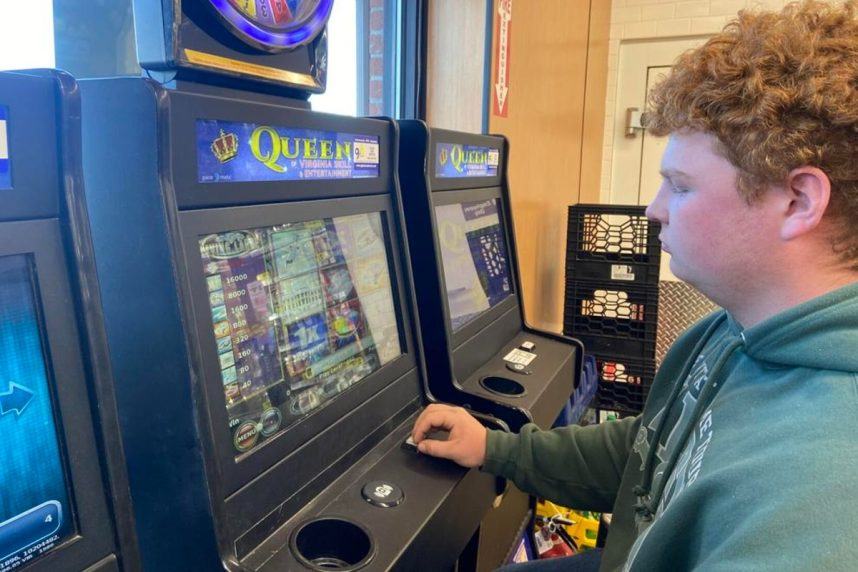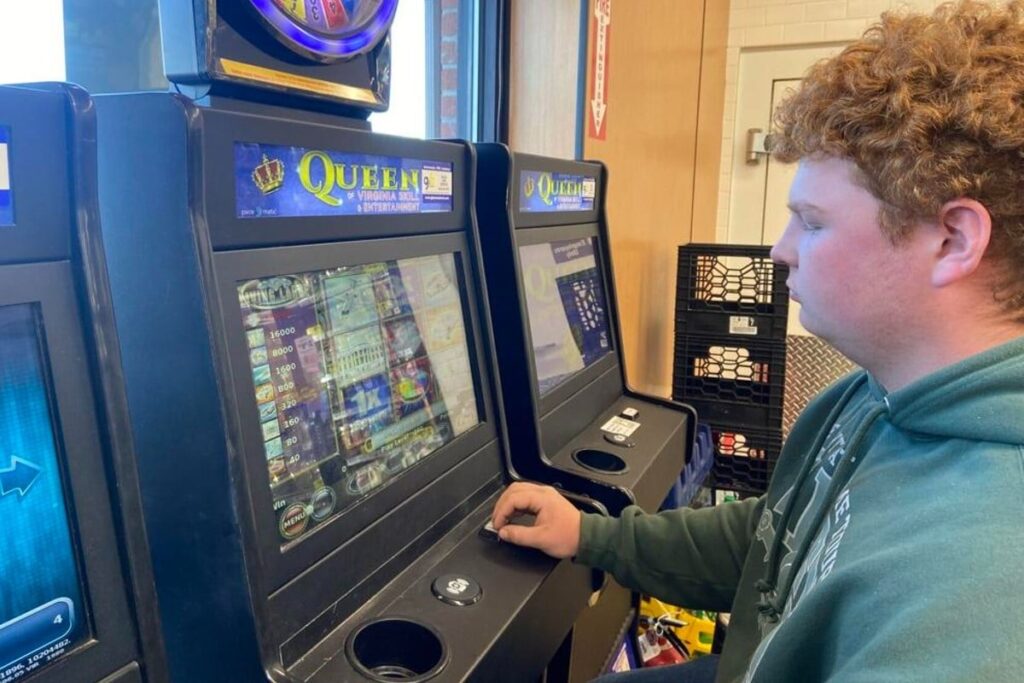Posted on: January 16, 2024, 01:48h.
Last updated on: January 16, 2024, 01:48h.
Legislation to relegalize skill gaming in Virginia cleared its first hurdle this week in Richmond, but where the statute heads next brings into focus the varying interests fighting for control — or at least a piece — of the commonwealth’s unsettled gaming industry.

On Monday, the Virginia Senate Commerce and Labor Committee passed Senate Bill 212 by a 10-5 vote. The legislation seeks to reestablish a legal framework for skill gaming terminals to operate in businesses licensed by the Virginia Alcoholic Beverage Control Authority (ABC).
Virginia temporarily legalized the controversial gaming machines during the pandemic. But the allowance of the terminals commonly found inside gas stations, bars and restaurants, and grocery stores ended June 30, 2021.
However, a ruling from a state judge allowed the machines to continue operating while a lawsuit dragged out. The Virginia Supreme Court, in reviewing a petition from Attorney General Jason Miyares (R), in October concluded that the ongoing lawsuit contending the machines are legal games protected by a form of free speech has long odds of prevailing.
As such, the state’s highest court reinstituted the ban on the skill games, which unlike a slot machine tasks the player to identify winning reel paylines.
SB212 would allow restaurants, bars, and convenience stores holding ABC licenses to house up to five skill gaming machines. Truck stops would be permitted 10 devices. The minimum age to play would be 21 years old.
Skill gaming distributors — companies that sell or lease the machines — would need to pay a $500,000 registration fee to the state, with annual renewals set at $250,000. Skill gaming operators — a route manager that ensures regulatory compliance and collects revenues — would pay an upfront $100,000 fee and a $10,000 per year renewal.
Host establishments would pay just $250 upfront and $100 annually to the state. Skill gaming revenue after payouts would be subjected to a 15% state tax, most of which would go to the state’s General Fund. Just 2% of the tax benefit would be allocated to problem gambling services.
Skill Games Bill Forwarded
This week’s skill gaming vote would typically result in the statute moving to the Senate General Laws and Technology Committee. That committee is the chamber’s gaming and wagering arm, but in a surprise move, SB212 was directed to the Senate Finance Committee.
It isn’t a wonder why, as General Laws Chair Sen. Adam Ebbin (D-Alexandria) has been an outspoken critic of skill games. Commerce Chair Sen. Creigh Deeds (D-Charlottesville), who voted against the skill gaming bill, said he voted to move the measure to the General Laws Committee but was overruled.
Also voting against the bill and moving the statute to the Finance Committee was Sen. David Marsden (D-Fairfax). Marsden is behind a legislative push to bring a casino to his district in the Tysons area.
Virginia’s three casinos are opposed to the skill games, as they claim they poach play from their highly regulated and taxed slot machines.
Sen. Louis Lucas (D-Portsmouth) has championed gaming expansion for many years. She’s behind a push to bring a casino to Petersburg and also believes skill gaming machines should be brought back to the many small businesses that relied on them amid and after the pandemic.
Lucas sits on the Commerce and Labor Committee and voted both in favor of the skill gaming statute and moving the bill to the Finance Committee. Lucas chairs the Finance Committee where she’s expected to use her political prowess to gain a second committee backing of the statute to move it to the Senate floor.
Before her Commerce and Labor colleagues voted on the skill gaming bill, she encouraged them not to amend the legislation’s language.
“I hope you all don’t fool around with this bill, because I’d hate to have to unravel this thing when it gets to Finance,” she declared.
Opponents’ Concerns
The handful of Commerce and Labor Committee members who voted against SB212 voiced concerns about regulation.
One such worry was how any reasonable person might think a convenience store clerk is aptly qualified to be on the frontline of gaming regulation and assuring the state that skill games wouldn’t be accessed by minors or problem gamblers who self-excluded themselves from the state’s casinos or sportsbooks.
Skill gaming advocates say it’s no different than enforcing tobacco and liquor laws. They contend that licensed skill gaming establishments would be incentivized to adhere to state regulations to avoid costly fines and penalties.




